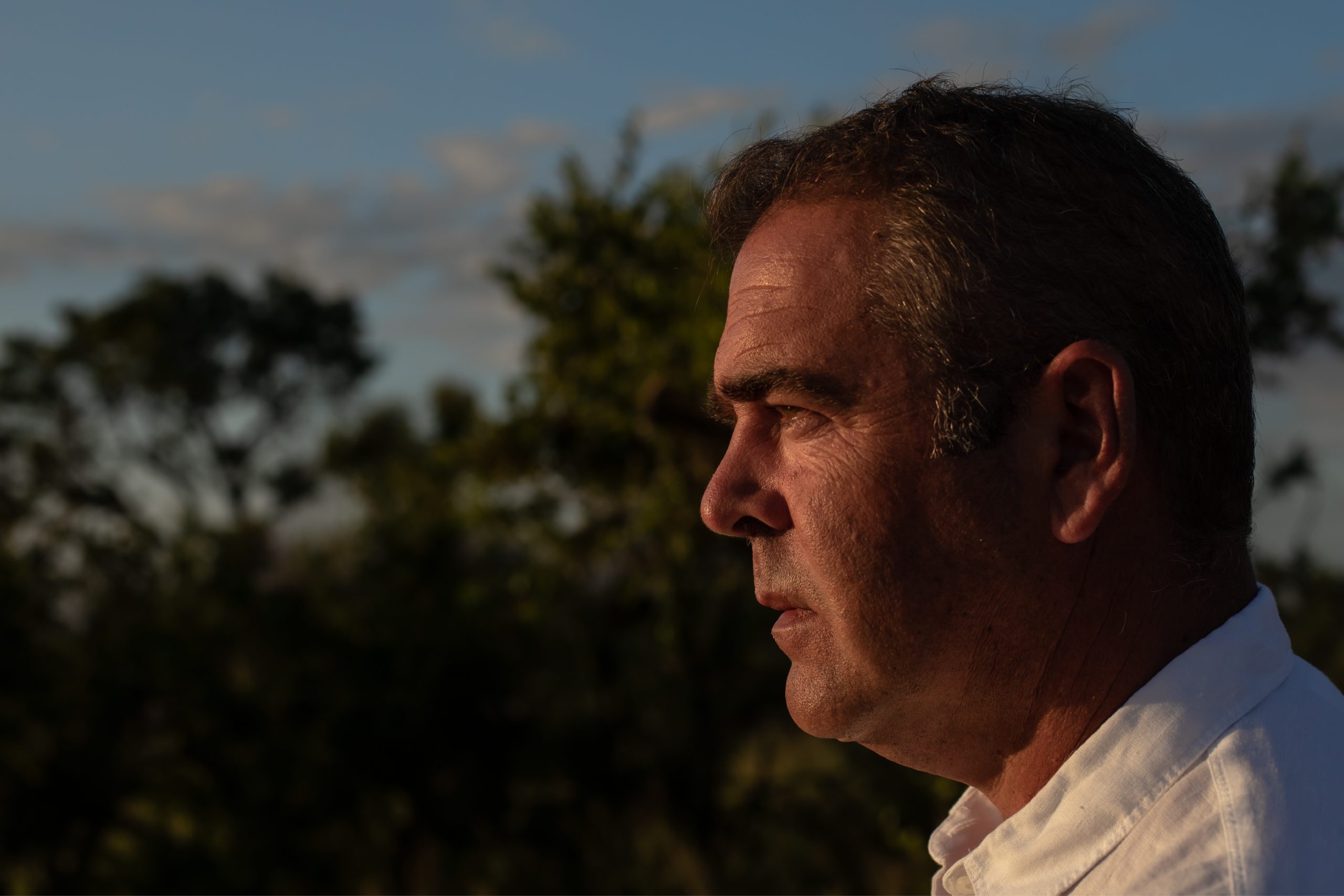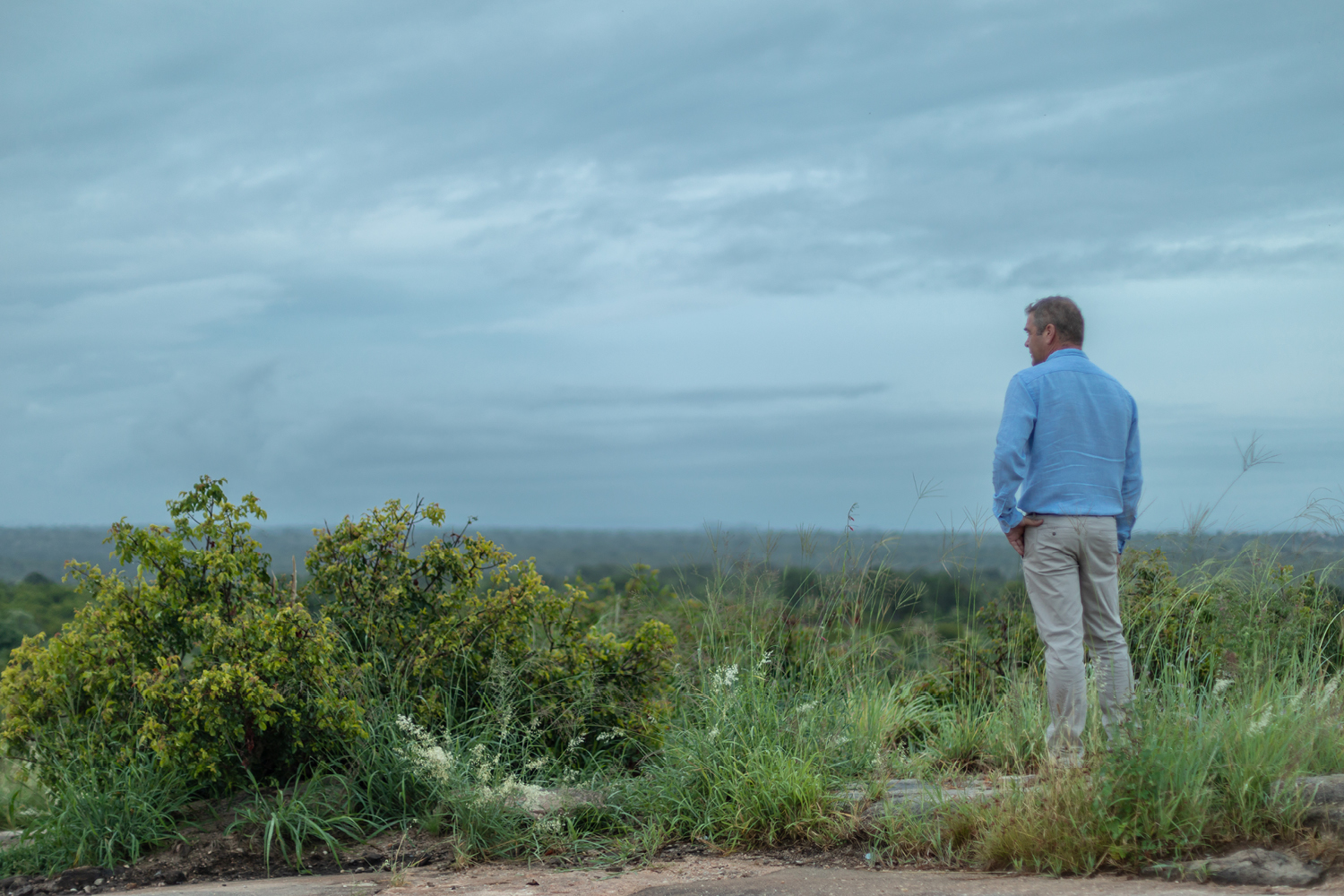As investors remain wary of the sustainability of the rapid recovery in financial markets this year, South Africa’s top fund managers are successfully navigating the fine line between managing ongoing risks and taking advantage of the significant opportunities that the volatility has presented to them.
“As financial markets have experienced one of the biggest crashes, and one of the quickest recoveries, in history over the span of the last five months, one of the biggest questions investors have is how sustainable these recovered market levels are, given how poor the state of many economies and corporates still are because of this crisis,” says Lara Dalmayer, portfolio manager at Abax Investments, which manages the
Amplify SCI* Flexible Equity Fund.
“Governments and global central banks have provided unprecedented levels of fiscal and monetary support, and this has allowed markets to rally despite these poor fundamentals,” she says.
Nicole Agar, portfolio manager at Truffle Asset Management, which manages the Amplify SCI* Wealth Protector Fund, says global economies are facing one of the largest economic recessions ever and at the same time, receiving one of the biggest liquidity injections, “leading to much debate as to whether the recovery will be “U” or “V” shaped”. Markets have continued to rise, and the S&P 500 index is now only 9% away from its all-time high reached at the beginning of the year, she says.
Amplify Investment Partners business development manager Emma Pretorius says that one of the top investor concerns is that the stock market seems to be running ahead of the real economy. She says that emerging markets “should benefit from the search for yield”. While the structural issues South Africa is facing may limit the potential upside, investors should remember that not all JSE-listed companies are affected to the same extent, and good portfolio managers are finding these anomalies.
Truffle’s portfolios, for example, “remain governed by underlying intrinsic valuations which are the basis of our investment philosophy”, Agar says. Truffle is encouraging investors to stick to their financial plan and maintain a medium-term view and remember “that diversification is one of the few “free gifts” in investments and this should be reflected in all portfolios”.
As a fundamental investor, Abax “cannot justify purchasing expensive and non-sustainable assets” but at the same time, cannot ignore macro-dynamics either, Dalmayer says. From an asset allocation point of view, Abax’s view “is that one should guard against being too bearish, but at the same time look for assets within each asset class that can weather further depressed economic conditions, and are well placed to benefit from growth once there is greater economic recovery”.
Investors should also be aware that in some cases, the coronavirus crisis has led to some changes in the relative risk profiles of various asset classes.
The risk profile of local bonds is fundamentally higher than what it’s ever been in the past, according to Dalmayer, but local equities aren’t, despite the volatility. With local bonds, “for the first time, we are questioning the creditworthiness of our sovereign”.
“More generally, though, the level of quantitative easing seen worldwide is expected to affect the risk profile of markets, particularly global fixed income instruments. Quantitative easing pushes bond prices artificially high, and there is also a concern that the adding of fresh money to the system can be inflationary further out. We will only see the full effects of this in months or years to come, but we believe the risk profile of many instruments will be fundamentally different going forward because of this.”
Carmen Nel, economist and macro strategist at Matrix Fund Managers, which manages the Amplify SCI* Defensive Balanced and Amplify SCI* Absolute funds, says that the relative risk profiles of various asset classes have remained unchanged. However, in Matrix’s view the absolute risk of investing in the domestic fixed income market has risen. “Yet, importantly, investors in local bonds are being compensated for the higher risk with real yields.”
“At the same time, money market returns have been eroded by the Central Bank’s aggressive rate- cutting during the lockdown, with short-term inflation-adjusted returns now in negative territory. So, while cash is still seen as the safe bet, being overweight cash could have a higher-than-normal opportunity cost because of more attractive levels on other asset classes.”
Agar says that the domestic fiscal situation remains a significant risk, “and we prefer shorter-dated credit bonds where the risk of default is acceptably low. Yields in the developed world are at record lows with some in negative territory.”
She warns that the impact of coronavirus “will be extremely challenging for the South African economy, and the government has limited fiscal room to help support business and consumers.”
This is reflected in Truffle being positive on non-domestic companies and some of the miners, and while it sees the US market as expensive, “most other regions are in fair value territory”.
As top fund managers continue to monitor relative risks, they remain relatively positive about the future.
Nel says that downside risk is probably already in the price of local bank, retail, and property stocks. “The challenge for investors and asset managers will be to distinguish the temporary from the permanent effects of the pandemic,” she says.
“This will only become evident over the course of next year, and it will influence how strong and durable the post-Covid-19 rebound will be.” While relatively dynamic economies, such as the US and emerging Asia should do relatively well, those with more binding constraints on growth, such as South Africa, “may be laggards in the recovery”.
Nel says this “does not mean blindly increasing your exposure to offshore markets, because the rand exchange rate may, in the end, benefit from low global interest rates and the pending global recovery”.
Abax’s perspective is that markets could push higher due to ever-increasing policy stimulus or rerate down again, due to the massive disconnect between market levels and fundamentals, Dalmayer says. “As investors, we accept that we don’t know, and make sure we construct portfolios that weather either side of this spectrum and don’t allocate capital for a single scenario outcome. We do this by constructing diversified portfolios, where assets in the portfolio are included based on quality and not cheapness alone, and where the risks are properly assessed and balanced.”
Agar says that the US market is not cheap. “However, as real bond yields have fallen as a result of aggressive monetary policy and low inflation rates, higher market multiples can now be justified than was previously the case.”
“At some stage, we would expect these yields to rise, which will be a headwind for equity markets. We anticipate that markets may well rally further if a vaccine is found. This would most likely benefit emerging markets that have been harder hit by the pandemic and have not performed as well as developed markets.”
Nomathibana Matshoba managing director of Terebinth Capital, which manages the Amplify SCI* Strategic Income Fund, is cautious, saying that “top-line revenue growth for most counters remain under severe pressure given the pandemic, lockdown measures, and potential consumer behavioural change in shopping trends which will have a negative effect on annual collections and trading volumes.
“The recovery path is not rapid enough to return expenditure to pre-lockdown levels, given declining consumer and business confidence levels. The path for credit spreads is, therefore, uncertain as investors gauge the potential prospects for individual sectors and companies. While the economy remains under partial lockdown and the threat of a second wave in infections threatens reintroduction of stricter lockdown measures, the trading environment will remain uncertain.”
For Amplify, this uncertainty continues to propel it to remain agile and to ensure it invests for the future. Amplify believes that the pandemic “has forced us to pause and reflect on the economy that we want to rebuild,” Pretorius says.
“The pandemic has served as a stark reminder of how fragile we are, and I suspect that there will be a much greater emphasis on building a greener economy and finding a way to marry economic growth with a more stable climate.”
*Sanlam Collective Investments
Amplify Investment Partners is a wholly owned subsidiary of Sanlam Investment Holdings.











